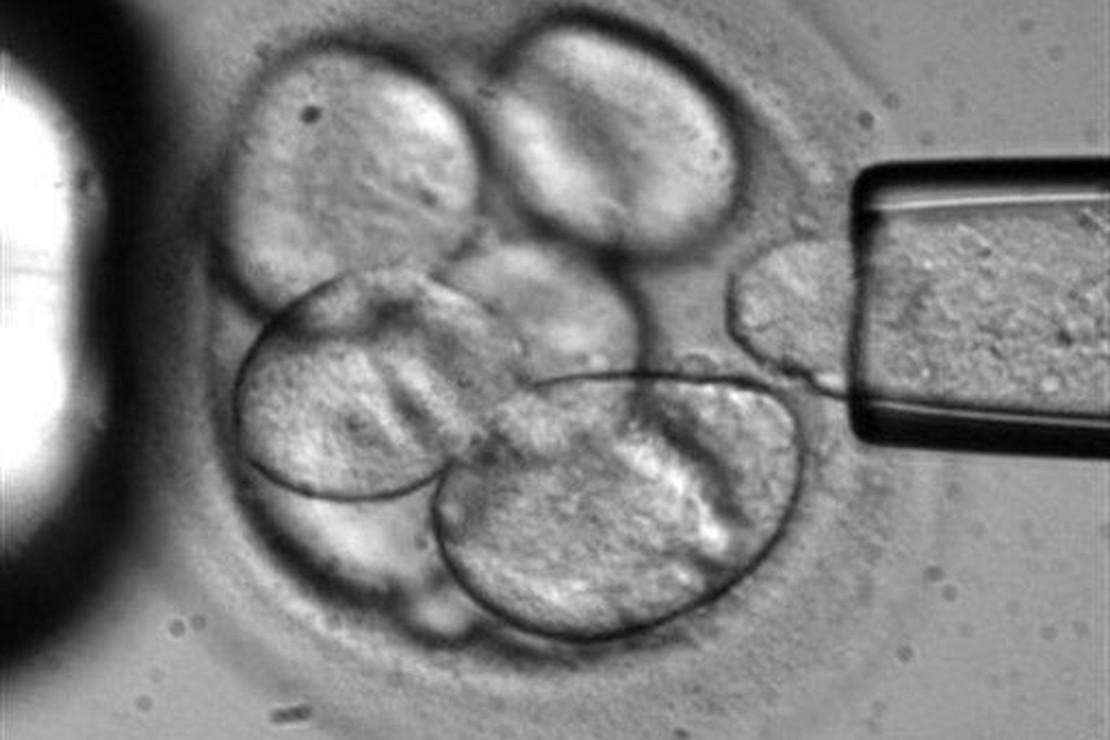
Last month we looked at the work of a research group from the University of Cambridge who have been creating mouse embryos that are grown from stem cells rather than sperm and eggs. The embryos possess small brains, beating hearts, and other organs. While this is fascinating research that presents opportunities in the medical field, particularly for organ transplants, I raised a number of obvious ethical questions. Doing this with mice is one thing, but obviously, this research is heading toward trying something similar with human organs. Well, as the saying goes, that didn’t take long. Someone is already on the path to creating human embryos in this fashion. I’d assumed it would likely be someone in China, but to my surprise, it turned out to be a biotech firm in Israel. Renewal Bio is in the process of developing human embryos from stem cells and using “artificial womb technology” to grow them. And the stem cells have already produced beating hearts, intestinal tracts, and yes… brains. (CBN.com)
An Israeli biotech company that recently created mouse embryos using stem cells, has announced plans to make human embryos to harvest tissue for organ transplants and anti-aging procedures. But an ethical scientist and stem cell expert with the Charlotte Lozier Institute told CBN News that these strides in stem cell research are a “real call for concern”.
Renewal Bio is pursuing advances in stem-cell technology and artificial womb development with the help of Jacob Hanna, a biologist at the Weizmann Institute of Science in Rehovot.
In a peer-reviewed scientific journal, Cell, Hanna explained that without the use of sperm, egg, or fertilization, stem cells placed in a Petri dish spontaneously joined together, outside of the womb, and assembled embryos with beating hearts, intestinal tracts, and brains.
There’s just no way to put this in a kinder fashion. These people are creating human beings in a petri dish. Does the fact that there was no egg or sperm involved in the process make that any less true? Is the resultant embryo any less of a human being because of that technicality?
READ RELATED: House GOP Puts Zuckerberg On Notice, Probes FBI's Role in Burying Hunter Biden Laptop Story
We already know from previous research papers we’ve covered here that those nascent brains don’t take very long at all before they begin producing brain waves. Some of the larger human brain “organoids” that have been grown in laboratories produced the same types of brain waves monitored in premature babies. If Renewal Bio is planning to grow a fetus large enough to produce an organ of sufficient size and development to use in a transplant, that’s got to be a human being, right?
Or is it? That’s part of the question that continues to nag me. Up until now, there has never been a human being “produced” that didn’t develop in the old-fashioned way, even in the case of in vitro fertilization. A female’s egg is fertilized by a male’s sperm and the resultant embryo grows in the womb until the baby is ready to be born. It’s the only way and it’s how the process worked as designed by God or evolution, depending on your preferences.
Granted, these scientists are cheating a little bit because they are still taking stem cells from a human subject, but they are jumping from there straight to playing God or Mother Nature. Are we okay with that? Should we be? And what about that fetus that Renewal Bio would be cutting up to harvest some organs? If it’s indistinguishable from any other person created the traditional way, that still sounds an awful lot like murder to me.
The complexities reach into other areas as well. The primary advantage of doing this, at least in medical terms, is that the organs could be grown from your own stem cells with your own DNA. That means that the organ would not be rejected if it’s transplanted into you. But that baby is basically your clone. The two of you would be identical. If you badly needed a transplant and the doctors came and offered this procedure to you, would you agree to allow a miniature version of yourself to be brought into the world only to be destroyed so that you could survive a bit longer? I think I’d have a serious problem with that.
Source:






